教育学(荣誉)文学士学位-音乐
BA (Hons) Education Studies - Music

学历文凭
Bachelor Degree with Honours

专业院系
NA

开学时间

课程时长

课程学费

国际学生入学条件
IDP—雅思考试联合主办方

雅思考试总分
6.5
- 雅思总分:6.5
- 托福网考总分:92
- 托福笔试总分:160
- 其他语言考试:Pearson Test of English (overall score 62 (with no score less than 56 in each component)), Cambridge Proficiency (CPE): Grade C, d. Cambridge Advanced (CAE): Grade A
CRICOS代码: X1W3
申请截止日期: 请与IDP联系 以获取详细信息。
课程简介
Students on this programme learn through a combination of lectures, seminars, tutorials, practicals, fieldwork (school placements), informal but scheduled one-on-one support, and self-directed learning, such as research, reading, and writing. All of these are supported by a virtual learning environment, Durham University Online (DUO). Seminars, tutorials, and practical classes are much smaller groups than lectures, with tutorials often involving no more than eight students working with a professor or lecturer, seminars and practicals can be larger but are still small enough to allow one-on-one interaction with tutors. Practicals also allow hands-on experience of the work professional teachers perform. This emphasis on small-group teaching reflects a conscious choice to enhance the quality of the learning experience rather than the quantity of formal sessions. In fact, the degree programme is designed to feature fewer formal sessions and more independent learning as students move from their first to their final year. Small-group teaching and one-on-one attention from the personal academic advisor (provided for all students when they enter the programme) are part of the learning experience throughout, but by the final year classroom time gives way, to some extent, to independent research, including a capstone dissertation?supported by one-on-one supervision?that makes up a third of final year credits.. Optional foundation year, Optional sandwich year, Optional year abroad
相关申请
 预科
预科 奖学金
奖学金 实习机会
实习机会 在校学习
在校学习 跨境学习
跨境学习 校园授课-线上开始
校园授课-线上开始 在线/远程学习
在线/远程学习
开学时间&学费
学费信息仅供参考,请与IDP联系以获取详细信息
| 开学时间 | 时长 | 学费 | 地点 |
|---|---|---|---|
| 暂无 | 暂无 | 暂无 | 暂无 |
学校排名

世界排名114
数据源:
泰晤士高等教育世界大学排名
关于杜伦大学

杜伦大学创建于1832年,是英国历史最悠久的大学之一。杜伦大学建于中世纪世界遗产地旁,有着悠久的历史和现代价值观,是一座备受推崇并拥有前瞻性思维的学府。如今,来自世界各地的18000多名学生在达勒姆就读。杜伦大学有28个系,开设有200多门本科和研究生课程。该校很多教师都处于各自领域的最前沿。教职人员利用出色的研究和学科知识为所有学生提供优质的教学。目前,杜伦大学有17个学科在全球大学中名列前100位,其中九个学科名列前50位。除了在学术上的卓越成就,该校还努力为学生提供支持,帮助他们在毕业后获得有意义的工作。其毕业生就业能力目前在世界上排名第88位。该校的就业与创业中心致力于培养学生的专业技能,并提供商业人脉和工作机会。杜伦大学目前在2020年《QS世界大学排名》中名列第78位,稳稳跻身全球大学百强之列。该校为教职人员和学生创造了一个热情友好的多元化社交环境,并因此而倍感自豪。目前,杜伦大学28%的在校生为非英国本土学生。大学社区处在独一无二的达勒姆求学体验的核心位置,达勒姆的每个社区均是多元化、多学科的社区,由来自不同背景和文化的学者、学生和工作人员组成。有了这些社区,加上该校杰出的支持体系,学生们一定会有宾至如归之感,并可参与大量精彩的课题。
本校相关课程

博士神学与宗教
学历文凭
Ph.D.
开学日期
课程费用总额


MLitt神学与宗教
学历文凭
Masters Degree (Taught)
开学日期
课程费用总额

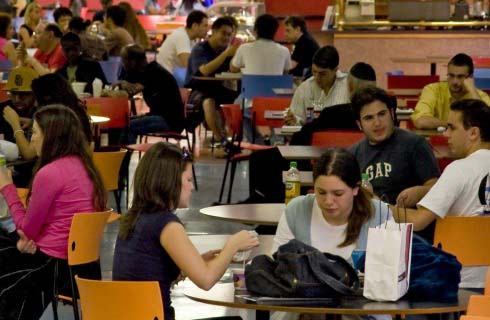
博士学位论文博士学位
学历文凭
Ph.D.
开学日期
课程费用总额


理学硕士心理学研究
学历文凭
Masters Degree (Research)
开学日期
课程费用总额


研究心理学硕士
学历文凭
Masters Degree (Research)
开学日期
课程费用总额

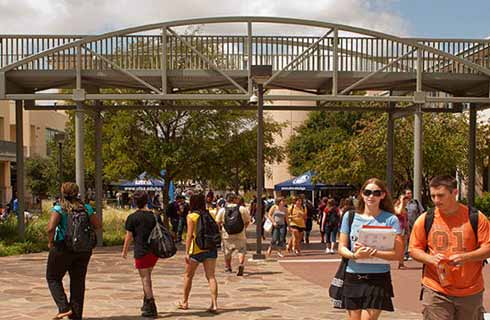
博士哲学
学历文凭
Ph.D.
开学日期
课程费用总额

其他相关课程
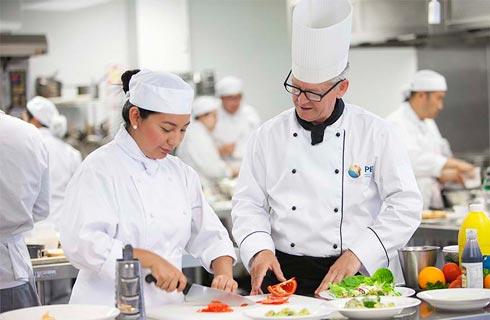
音乐和声音设计学士学位
 悉尼科技大学
悉尼科技大学学历文凭
Bachelor Degree
开学日期
课程费用总额


音乐学士(专业)
 中央昆士兰大学
中央昆士兰大学学历文凭
Bachelor Degree
开学日期
课程费用总额


戏剧学士(专业)
 中央昆士兰大学
中央昆士兰大学学历文凭
Bachelor Degree
开学日期
课程费用总额

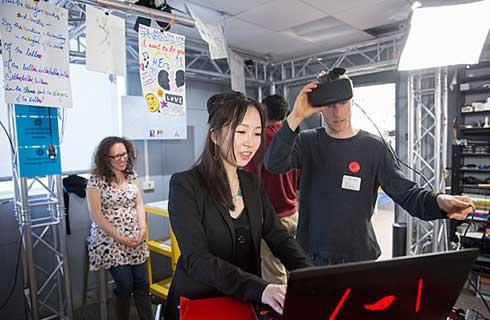
工程学硕士(电子)
 阿德莱德大学
阿德莱德大学学历文凭
Masters Degree (Coursework)
开学日期
课程费用总额


音乐硕士(表演研究)
 阿德莱德大学
阿德莱德大学学历文凭
Masters Degree (Coursework)
开学日期
课程费用总额

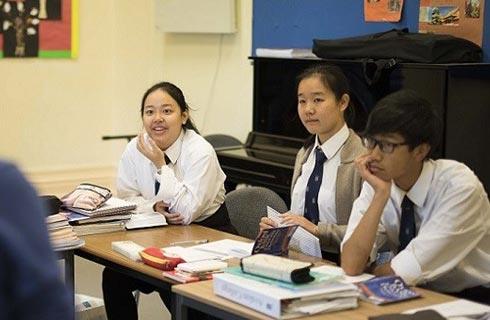
音乐荣誉学士
 伊迪斯科文大学
伊迪斯科文大学学历文凭
Bachelor Degree with Honours
开学日期
课程费用总额










 英国
英国